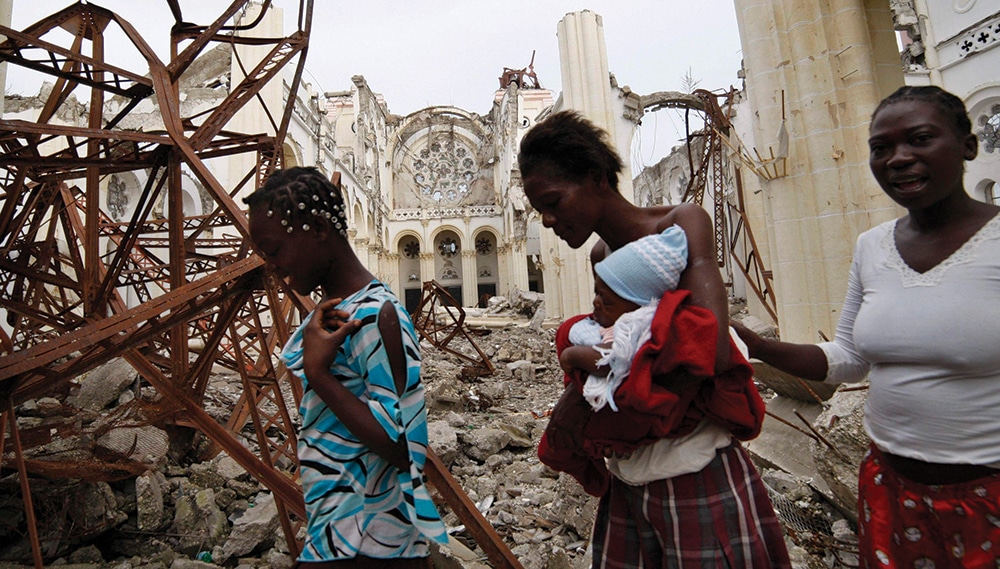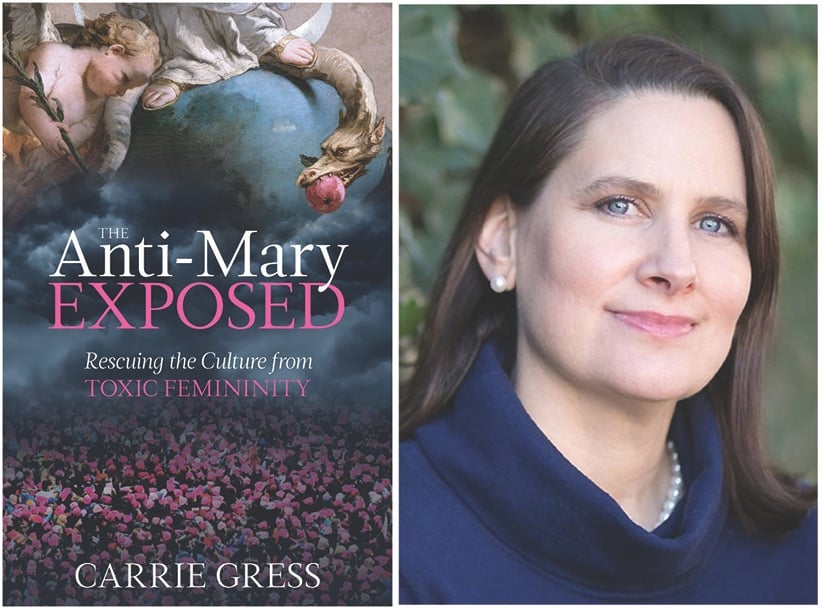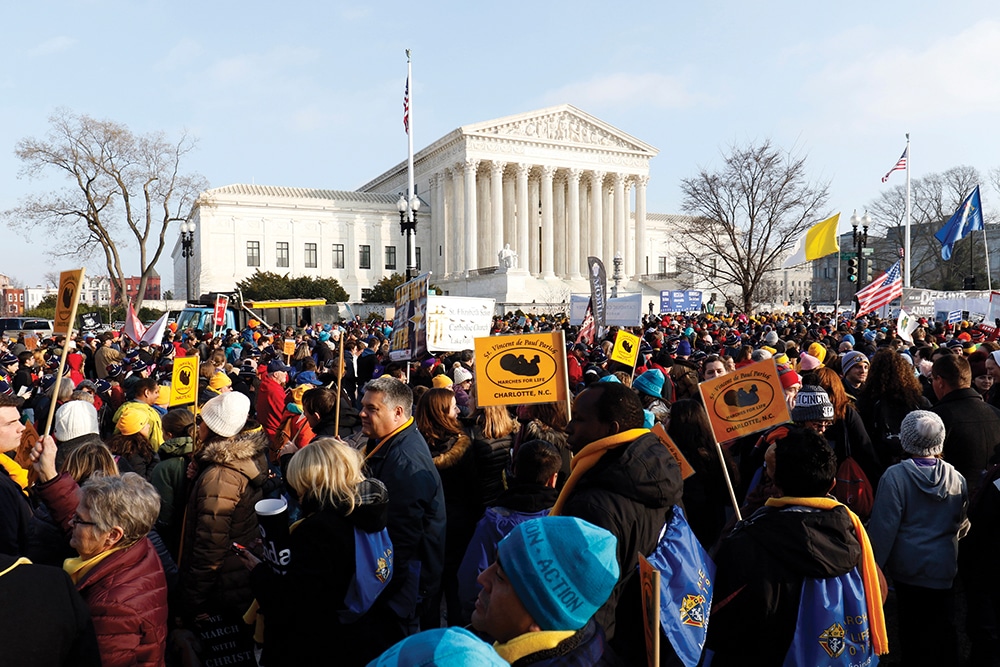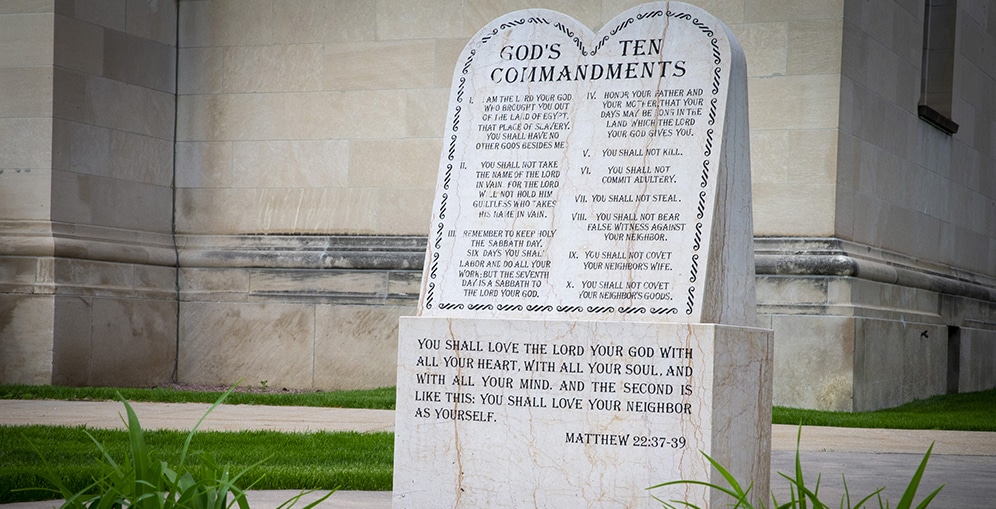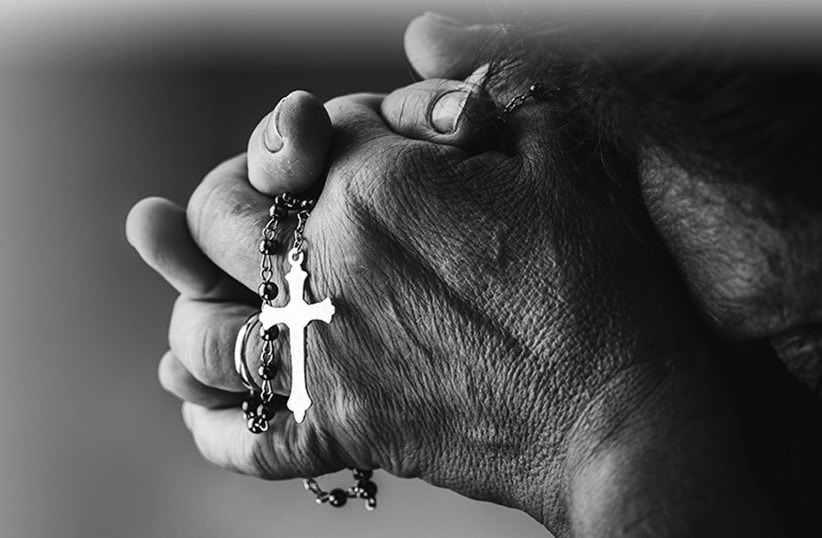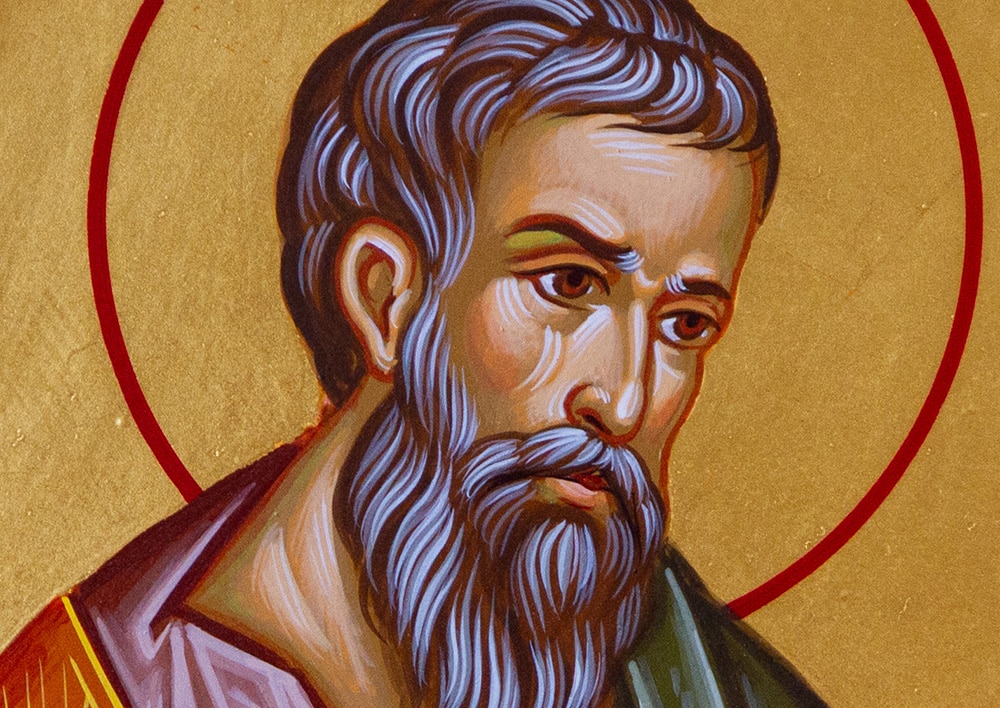When a magnitude 7.0 earthquake struck Haiti 10 years ago, I was a 22-year-old university student studying business management.
As it first started, it sounded like just another cement truck rumbling through our neighborhood. But instead of passing by, the rumbling only got louder. When our floor began to shake, we knew something was terribly wrong. In less than a minute, our lives changed forever. As everything crumbled, I escaped from our sixth-floor apartment via the building’s stairwell, which collapsed under my feet as if I were riding an escalator. The building later caved in, with each floor flattening like a pancake. Thankfully, my mother and my brothers made it out of the apartment unharmed. But so many others were not so lucky.
The earthquake devastated much of our capital, Port-au-Prince. As many as 300,000 Haitians died, and more than 700,000 people became homeless overnight. Our historic cathedral, along with so many other treasured buildings and vital infrastructure, was destroyed.
That night, I remember walking the streets as shrieks from mourning families pierced the air. Like me, many of the survivors were caked in white dust from the debris. Everything looked cloudy. I was barefoot, and my hair was still wet from a shower. I saw people searching for loved ones. Others were badly hurt. The apartment next door had collapsed, and an arm of a child stuck out from the rubble. People prayed aloud to God. I cried as I searched for members of my own extended family.
So many of us lost everything that day. I would never be able to go back home. Nor would I be able to attend my university, which had been leveled. All of us wondered how we would get through the disaster. In the days and weeks that followed, we slept in the streets because we were too afraid to go indoors. Informal camps formed. The chaos became physically and emotionally exhausting. But help was coming.
Within hours, emergency response efforts were underway. I became part of the relief effort, first informally and then by working for Catholic Relief Services, which is the global humanitarian and development organization of the U.S. Catholic Church. After the earthquake, CRS launched one of its largest emergency operations in its 76-year history. At the time, CRS had more than 300 staff working in the country. I was hired to help in the camps by distributing supplies such as blankets and cooking materials. It was hard, but it was rewarding to see the relief in people’s eyes as they received support.
Over time, Haiti has slowly recovered thanks in part to the many Catholic organizations working on response efforts. In partnership with the local Church, CRS and other humanitarian partners built transitional shelters, provided rental grants and subsidies, improved infrastructure, and created job opportunities. We provided 10 million meals to more than a million people; we built cholera treatment units, medical incinerators, laboratories and storage facilities for seven partner hospitals; we worked with Haitian banking institutions to create a loan product with a reasonable interest rate so low-income families could reconstruct their homes. And we did so much more.
Now, 10 years later, we’ve shifted much of our work from a humanitarian response to long-term development. We’ve tackled everything from education to health care to agriculture and housing — inviting the Haitian people to participate in opportunities that address the root causes of poverty. Our development programs are models for creating lasting, significant change.
With all of this progress, our road to recovery hasn’t been easy. We’ve weathered a number of devastating natural disasters, including Hurricane Matthew in 2016. We’ve also weathered political and economic upheaval, which continues to this day. I’ve weathered my own personal challenges, too. But Haiti has overcome significant problems before; we can do so again.
When I think back to that terrible day a decade ago, I continue to mourn all of the friends and family I lost when the earthquake hit. But I also think about how the Haitian people came together to lift each other up through the hard times. As Haitians, no matter what happens in the future, we will always carry on.
To quote a Haitian proverb: Depi tèt poko koupe, li gen espwa mete chapo. It translates to, “As long as your head is not cut off, you can wear a hat.” Its meaning: “As long as there is life, there is hope.”

